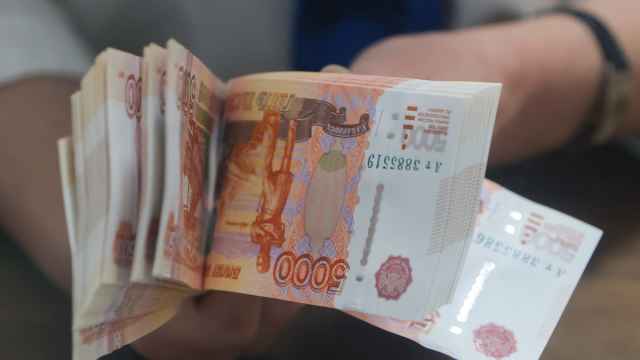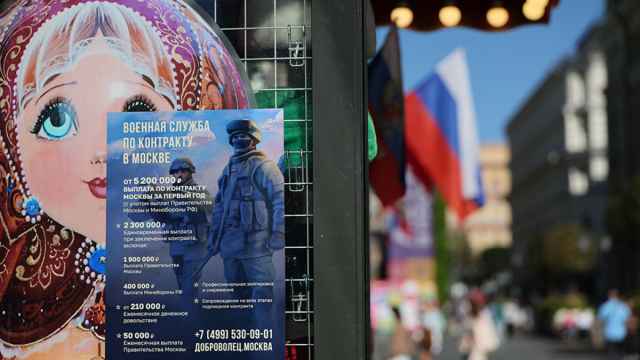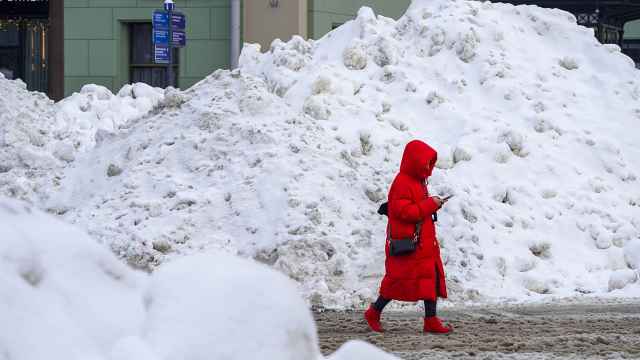LONDON — Russia's plan to freeze tariffs on certain state-regulated services in 2014 is likely to have a low or moderate credit-negative impact on natural monopolies, while end-users such as the metals, mining and chemicals industries as well as banks could stand to benefit, Moody's Investors Service said in a report.
"Natural monopolies could see their financial profiles weaken as the tariff freeze is likely to constrain their earnings at a time when they are implementing large investment programs," said Artyom Frolov, a vice president and senior analyst at Moody's and co-author of the report. "Meanwhile, chemicals producers and metals and mining companies could see savings on energy and transportation due to the freeze, thereby benefiting from some improvement in their creditworthiness, resulting in a positive knock-on effect for those Russian banks that are their main lenders," Frolov added.
Tariffs affected by the freeze include natural gas prices, oil pipeline tariffs and fees for electricity transmission and freight rail transportation. Among the rated natural monopolies, Gazprom, Russian Railways, and Russian Grids and its rated subsidiaries would be the most adversely affected, although the credit impact would be mainly moderate. Transneft is likely to fare better due to its stronger financial profile, Moody's wrote in the report, entitled "Russia's 2014 Tariff Freeze Will Create Winners and Losers Among Domestic Businesses."
Acron could see the most positive credit effect among chemicals producers and metals and mining companies as energy and transportation costs represent a higher proportion of its cost structure. The positive effect would be moderate for NMLK, Phosagro, Severstal, Metalloinvest, Alrosa, MMK and Mechel.
The impact on state-controlled electricity utilities Inter RAO and RusHydro — both of which are rated Ba1 stable and are challenged by significant investment programs — would be slightly credit negative as their margins are likely to erode, whereas for Atomenergoprom it would be neutral. Atomenergoprom is due to receive equity injections and other forms of state compensation that would bolster its capital structure and alleviate any earnings pressure in the nuclear power segment, according to Moody's.
Rated banks with higher loan exposure to the industries that will benefit from the tariff freeze, such as Russian Agricultural Bank, Vnesheconombank, Gazprombank and VTB, would experience more of a positive credit knock-on effect than Sberbank, which has more retail loans and corporate exposures in non-affected industries, such as trade and services, the ratings agency said.
A Message from The Moscow Times:
Dear readers,
We are facing unprecedented challenges. Russia's Prosecutor General's Office has designated The Moscow Times as an "undesirable" organization, criminalizing our work and putting our staff at risk of prosecution. This follows our earlier unjust labeling as a "foreign agent."
These actions are direct attempts to silence independent journalism in Russia. The authorities claim our work "discredits the decisions of the Russian leadership." We see things differently: we strive to provide accurate, unbiased reporting on Russia.
We, the journalists of The Moscow Times, refuse to be silenced. But to continue our work, we need your help.
Your support, no matter how small, makes a world of difference. If you can, please support us monthly starting from just $2. It's quick to set up, and every contribution makes a significant impact.
By supporting The Moscow Times, you're defending open, independent journalism in the face of repression. Thank you for standing with us.
Remind me later.





